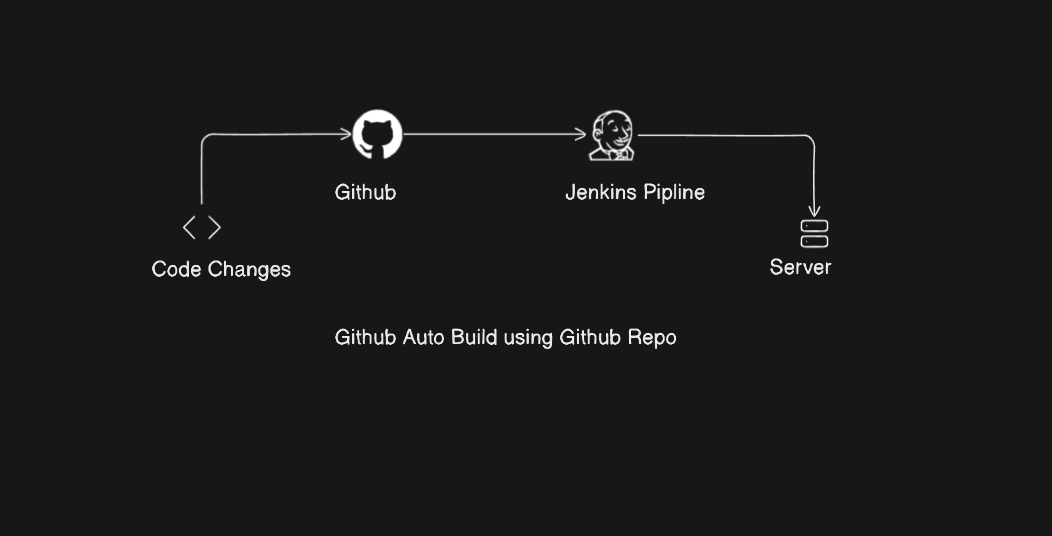☑️Day 53: Automating Build Jobs with GitHub and Poll SCM in Jenkins🚀
 Kedar Pattanshetti
Kedar Pattanshetti
1. Introduction to Poll SCM in Jenkins
Poll SCM (Source Code Management) is a feature in Jenkins that allows Jenkins to regularly check for changes in the source code repository (like GitHub) and automatically trigger a build when new code is committed. Instead of manually triggering a build or using webhooks, Poll SCM periodically polls the Git repository for changes.
2. Setting Up Poll SCM in Jenkins
Here’s how I set up the Poll SCM in Jenkins:
Step 1: Go to Jenkins Job Configuration
Navigate to the Jenkins job you want to configure and open the job settings.Step 2: Enable Poll SCM
In the "Build Triggers" section, check the box for Poll SCM.- You can set the polling schedule using cron syntax (e.g.,
H/5 * * * *for polling every 5 minutes).
- You can set the polling schedule using cron syntax (e.g.,
Step 3: Commit Changes to GitHub
When you make a commit in the GitHub repository, Jenkins will automatically detect the changes during the next poll and trigger a new build.
3. Example of Poll SCM in Action
Let’s say you have a Python project hosted on GitHub. By setting up Poll SCM, every time you push changes (e.g., bug fixes or feature additions) to the repository, Jenkins automatically detects the new commit and starts a build job to compile and test the code without any manual intervention.
4. Real-Time Use Cases for Poll SCM
Continuous Integration:
Whenever developers commit new code, Jenkins automatically runs the test suite to ensure the code is stable and doesn’t break any existing functionality.Automated Deployment:
In scenarios where you want to deploy the latest code to a staging environment after every Git commit, Poll SCM helps by automating the build and deployment process.Code Quality Assurance:
If your Jenkins job is set up to perform static code analysis or run unit tests, Poll SCM ensures these tasks are executed automatically after each commit, helping to maintain code quality.
Key Benefits of Poll SCM:
Automation: Automates the process of checking for new commits, eliminating the need for manual builds.
Faster Feedback: Developers receive faster feedback on the quality of their code, enabling quicker bug fixes and improvements.
Scalability: Ideal for large teams where frequent commits occur, ensuring that the latest changes are always tested and ready for deployment.
Learning Poll SCM in Jenkins has given me insight into how automated builds can significantly streamline the development process. It’s a key part of continuous integration that ensures every commit is checked and built without requiring any manual effort, making it a vital tool for DevOps practices.
🚀Thanks for joining me on Day 53! Let’s keep learning and growing together!
Happy Learning! 😊
#90DaysOfDevOps
Subscribe to my newsletter
Read articles from Kedar Pattanshetti directly inside your inbox. Subscribe to the newsletter, and don't miss out.
Written by
